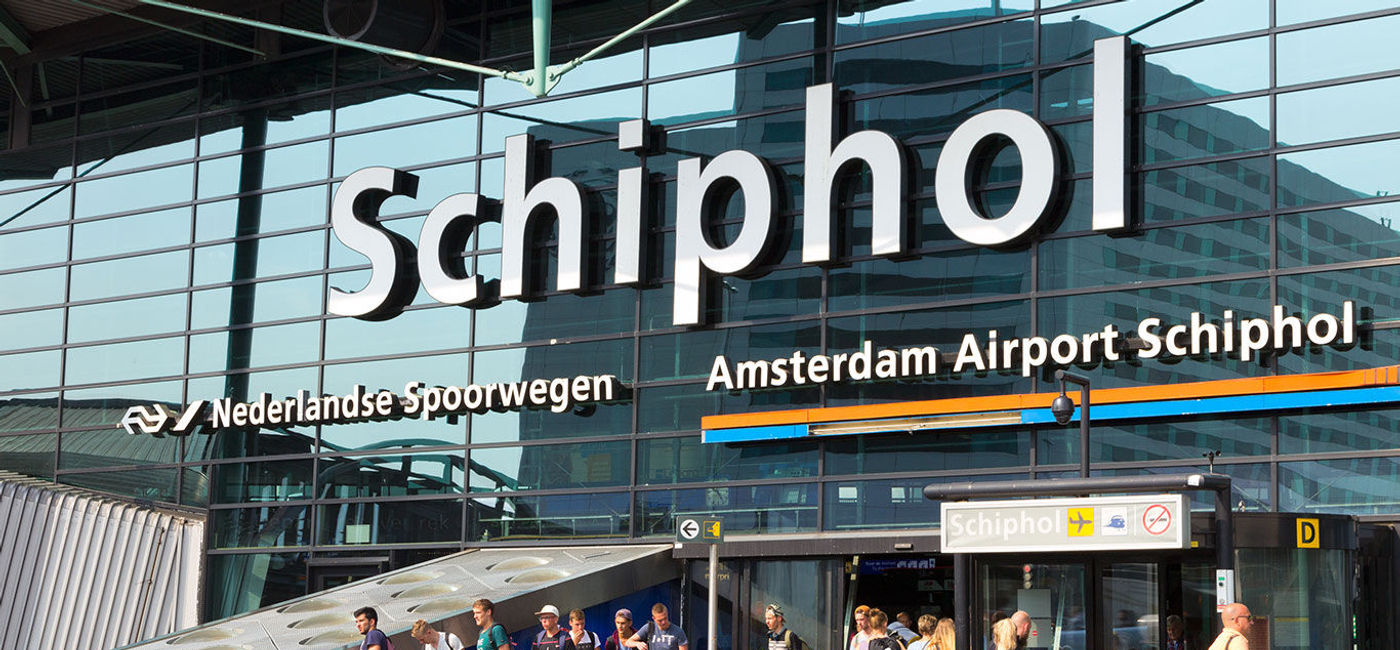Court Ruling Upholds Schiphol Move to Reduce Flight Capacity

The Dutch government’s move to reduce the number of flights at Schiphol Airport has been upheld by an appeals court judge.
In a ruling issued earlier today, the Amsterdam Court of Appeal threw out a lower court decision that the government did not follow correct procedures when instructing Schiphol last year to reduce flights, according to the Associated Press.
Last June, the country’s government announced that it would be reducing the maximum number of flights allowed annually at Schiphol in an effort to cut back on noise and air pollution.
As part of today’s decision, the Dutch government was given the green light to instruct Schiphol Airport to reduce the number of flights annually from 500,000 to 460,000.
This is in contrast to a lower court ruling in April, which decided that the country’s government did not adhere to proper procedures when moving to cut the flight capacity.
The government’s decision to reduce flights at Europe’s busiest airport has been widely unpopular with many airlines, including KLM, which filed suit in response.
The airport itself issued a statement last year saying that while it supports a “well-thought-out approach” that leads to the airport’s goal of “connecting the Netherlands with the world as an increasingly quieter and cleaner Schiphol” it also felt that the plans as stated would “lead to great uncertainty and much remains unclear. We see that major risks are being taken with regard to the quality of the network.”
In a statement issued today on the heels of the Appeals court ruling, the International Air Transport Association (IATA), expressed dismay with the latest development.
“This is a disappointing outcome for travelers, shippers, the Dutch economy, and airlines,” Willie Walsh, IATA’s director general, said in a statement. “As we examine the ruling and its complexities, we seek clarity from the Dutch Government on its intentions.”
IATA pointed out in its statement today that governments “have long recognized that international aviation must operate to global standards.”
In particular, IATA pointed out, the Dutch Government is a signatory to the Chicago Convention and its Annexes, which include the Balanced Approach, IATA explained. The Balanced Approach is part of European law.
Airlines have argued that the proper procedure to follow involves consulting with the industry about measures to achieve noise reductions, and then only implementing flight reductions “if it is clear that other measures to limit noise nuisance are insufficiently effective,” according to Airline Weekly.
“The full impact of this decision on the planned capacity cuts is unclear and there are no established international processes for such a retrograde exercise,” said IATA today. “We also urge the European Commission to defend its laws and air service agreements. And most importantly, we continue to ask the Dutch government to revert to the Balanced Approach which is the most effective and only internationally accepted means of dealing with the noise concerns of the local community.”
